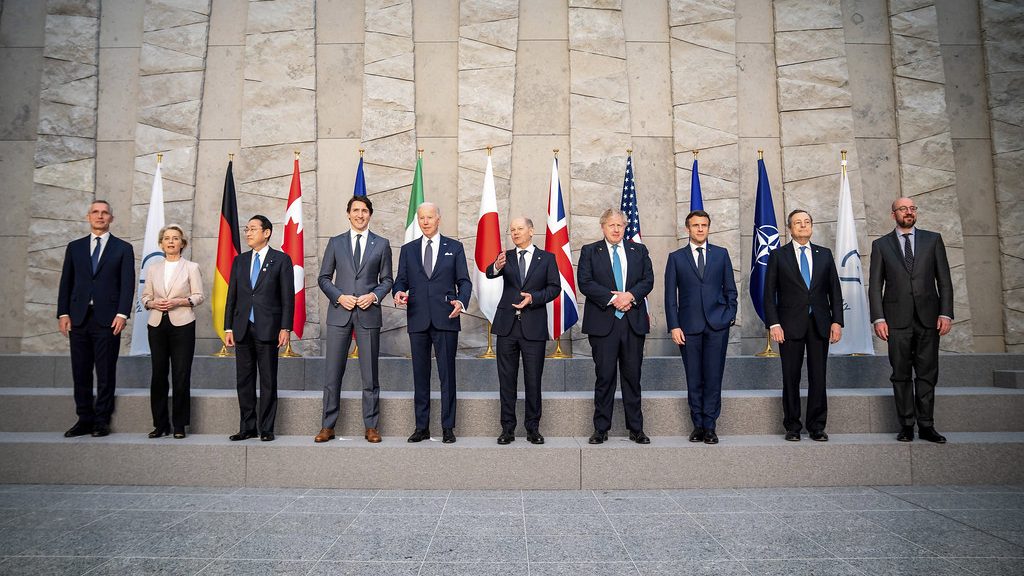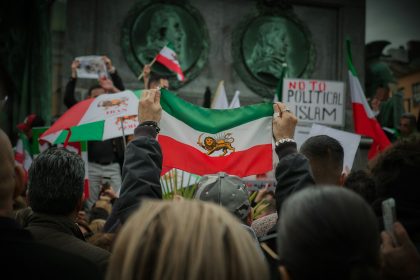The Russian embassy responds to the United States’ criticism of Moscow’s tactical nuclear weapon deployment to Belarus, labeling it as hypocritical. They suggest that instead of pointing fingers at others, Washington should engage in self-reflection.
Russia has brushed off criticism from US President Joe Biden regarding Moscow’s deployment of tactical nuclear weapons in Belarus. They argue that Washington has been engaged in similar practices throughout Europe for decades.
In response to reports that Russia proceeded with the deployment in Belarus, Biden expressed an “extremely negative” reaction.
However, Russia’s embassy in the United States issued a statement defending their actions, stating that it is the sovereign right of both Russia and Belarus to ensure their security in the face of the large-scale hybrid warfare initiated by Washington. They assert that their measures align with their international legal obligations.
Tactical nuclear weapons, which are used for strategic advantages on the battlefield and typically have smaller yields compared to strategic nuclear weapons designed to target cities in the United States, Europe, or Russia, were the subject of contention.
The Russian embassy criticized the US for its hypocrisy in criticizing Moscow’s deployment, suggesting that Washington should engage in introspection before blaming others. They pointed out that the United States has maintained a significant arsenal of nuclear weapons in Europe for decades, participating in nuclear sharing arrangements with its NATO allies and conducting training scenarios involving the use of nuclear weapons against Russia.
The return of the Cold War
The United States has expressed its concerns about the most significant nuclear threat since the 1962 Cuban Missile Crisis, attributing it to President Vladimir Putin’s remarks during the Ukraine conflict. However, Moscow asserts that its position has been misinterpreted.
President Putin, framing the Ukraine war as a battle for Russia’s survival against an aggressive Western influence, has consistently emphasized that Russia, possessing the largest nuclear arsenal globally, will employ all means necessary to safeguard itself.
Since the Cold War era, the United States has stationed nuclear weapons in Western Europe, a measure authorized by President Dwight D. Eisenhower to counter the perceived Soviet Union threat. The initial deployment of US nuclear weapons in Europe took place in Britain in 1954.
While much of the current American deployment specifics remain classified, the Federation of American Scientists indicates that the US has approximately 100 B61 tactical nuclear weapons stationed in Europe, spread across countries such as Italy, Germany, Turkey, Belgium, and the Netherlands.

News analysis
The news highlights a statement from Russia directed towards the United States regarding the deployment of nuclear weapons in Belarus. It firmly asserts that it does not accept any lectures or criticism from the US on this matter. The statement reflects Russia’s stance on its sovereign right to deploy nuclear weapons for ensuring its security and protection, particularly in the face of what it perceives as a large-scale hybrid war unleashed by Washington.
The context of this news suggests a diplomatic disagreement between Russia and the United States over the deployment of nuclear weapons in Belarus. Russia’s response implies that it considers the US criticism as unwarranted, potentially pointing out what it perceives as double standards or hypocrisy in US foreign policy. By emphasizing its adherence to international legal obligations, it attempts to justify its actions and position itself within the bounds of legality.
This news reflects the ongoing tensions and power dynamics between Russia and the United States, particularly concerning strategic military deployments. It underscores the complexities and sensitivities surrounding nuclear weapons and their role in international relations. Such disagreements and differences of opinion can further strain the already delicate relationship between the two countries.
SOURCE: AL JAZEERA AND NEWS AGENCIES






